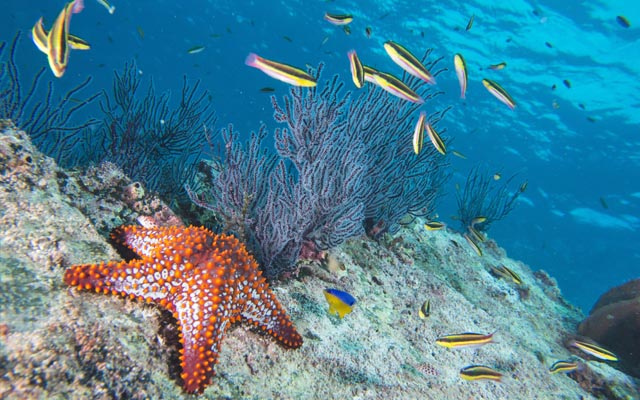Royal Caribbean Group (RCG) has extended its investment in OceanScope by four years – the renewal with the open-source data programme builds on over 20 years of ocean and marine life research from RCG ships and helps ensure ongoing monitoring and changes of key ocean and atmospheric processes in critical ecosystems.
Leveraging a comprehensive suite of oceanographic and meteorological instruments located onboard RCG ships, these generate continuous, simultaneous collection of the ocean’s vital signs such as the structure of currents, sea surface temperature, carbon dioxide concentrations, and salinity taken along the repetitive ship routes – which allows scientists to monitor changes on scales of seasons, years, and even decades.

The information is then passed on to scientists to study climate and ocean conservation. Key programme partners include the University of Miami Rosenstiel School of Marine, Atmospheric, and Earth Science, NASA, and the National Oceanic and Atmospheric Administration.
OceanScope’s open-source database is also available to the international scientific research community worldwide. The resulting data products and peer-reviewed research are key to informing ocean and conservation policy.
As of 2023, data has been collected from over 100,000 nautical miles sailed from four ships, traveling across the Caribbean Sea, Galapagos, North Atlantic and Mediterranean Sea.
RCG is also working to decarbonise its business through innovation, collaborative partnerships and a transition to cleaner fuels, smarter technologies, and improved energy efficiencies – driving the company’s efforts to reach net-zero by 2050 and to deliver a net-zero emissions cruise ship by 2035.




















